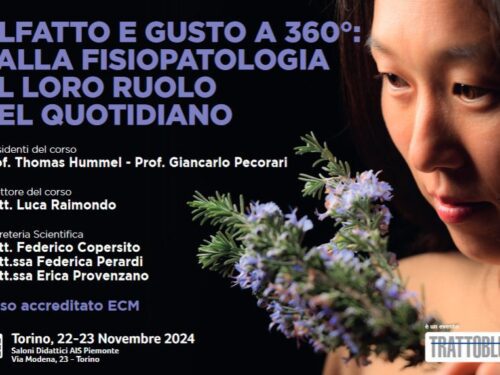
Loss of smell is an early and common presentation of COVID-19 infection. Although it has been speculated that viral infection of olfactory neurons may be the culprit, it is unclear whether viral infection causes injuries in the olfactory bulb region. The goal of this study is to answer the following question:
What are the neuropathologic changes of COVID-19 in the olfactory region?
This multicenter postmortem cohort study was conducted from April 7, 2020, to September 11, 2021. Deceased patients with COVID-19 and control individuals were included in the cohort.
 Key facts of this study
Key facts of this study
- Covid-19 patients were more likely to have damaged blood vessels and axons—the parts of nerve cells that transmit signals to other cells—in their olfactory bulb, the region of the brain that processes smells, according to the study, which looked at 23 deceased Covid-19 patients and a control group of 14 deceased people without Covid-19.
- Axon degeneration was about 60% more severe and damage to microscopic blood vessels was about 36% more severe in patients with Covid-19 than among those without the disease, and Covid-19 patients who reported smell changes were most severely affected overall, according to the study.
- However, people with more severe Covid-19 symptoms were not more likely to show damage to nerve cells and microscopic blood vessels in the olfactory bulb.
- The axon damage observed in some patients suggests that Covid-induced smell loss may be severe and irreversible, the study’s authors said.
Conclusions and relevance
This study found that COVID-19 infection is associated with axon injuries and microvasculopathy in olfactory tissue. The striking axonal pathology in some cases indicates that olfactory dysfunction in COVID-19 infection may be severe and permanent.
It remains unknown how Covid-19 causes smell loss. It’s possible that this condition is caused directly by injuries created by the coronavirus, or indirectly by symptoms like inflammation. While one theory suggests that the coronavirus enters smell-related nerve cells through the mucous membrane, there is conflicting evidence regarding whether the virus is able to spread to these types of nerve cells, researchers said. In Monday’s JAMA Neurology study, researchers concluded damage to the olfactory bulb wasn’t caused directly by the coronavirus, and might have resulted from Covid-induced inflammation in the area.
Background smell loss and COVID
Smell loss is one of the most common symptoms of Covid-19, affecting 60% of people ages 16 to 65 who contract the disease, according to the COVID Symptom Study, a U.K.-based initiative that uses a smartphone app to gather health data from about 4.7 million people in the United Kingdom and United States. Scientists hope that studies of Covid-19’s impact on the olfactory bulb might also shed light onto other ways the disease affects the brain. So far, it seems likely that many of Covid-19’s effects on the body are due to inflammation and other symptoms rather than caused directly by the virus itself, the New York Times reported.
Sources







